How to monetize your Facebook page?
Contents
Do you not know how to monetize your Facebook page in 2021? Or do you want to know about Facebook’s monetization eligibility standards? If so, let’s dive into the world of monetization on Facebook to answer all your relevant questions.
This article outlines all you need to know about monetizing your Facebook page in 2021. It includes the monetization eligibility standards for Facebook, including relevant policies and rules for monetizing on Facebook. Moreover, it also provides you with some valuable tips and tricks you could use to become eligible for monetization on Facebook and details how you could monetize your Facebook page fast to start earning more money!
Monetization Eligibility Standards or Rules for monetization on Facebook
Earning on the biggest and most popular social media platform in 2021 with around 2.85 billion monthly active users is not easy. Therefore, there is a selection criterion. Facebook’s monetization eligibility standards range from basic community standards to specific monetization policies for partners, content posted, and advertisers. Therefore, knowing the following monetization eligibility policies is important to monetize your Facebook page in 2021.

It is important to always follow and respect Facebook’s Monetization Eligibility guidelines to monetize your Facebook page effectively.
Community Standards
Moreover, Facebook’s community standards are an integral part of the monetization eligibility policies and every user’s experience on the platform. Therefore, everyone on Facebook must follow these inherent rules and regulations, classified into seven main categories.
#Violence and criminal behavior
- Violence and incitement
- Dangerous individuals and organizations
- Coordinating harm and publicizing crime
- Regulated goods and services
- Fraud and deception
#Safety
- Suicide and self-injury
- Child sexual exploitation, abuse, and nudity
- Sexual exploitation of adults
- Bullying and harassment
- Human exploitation
- Privacy violations and image privacy rights
#Objectionable content
- Hate speech
- Violent and graphic content
- Adult nudity and sexual activity
- Sexual solicitation
#Integrity and authenticity
- Account integrity and authentic identity
- Spam
- Cybersecurity
- Inauthentic behavior
- False news
- Manipulated media
- Memorialization
#Intellectual property rights
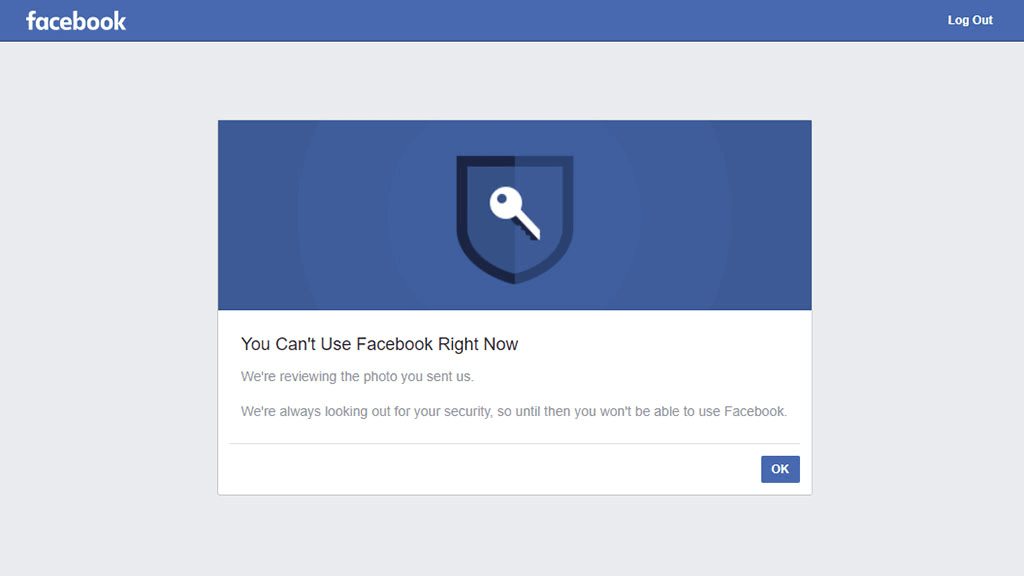
Using someone else’s content without copyrights could not only delay your Facebook page’s monetization process but also get your page suspended!
#Content-related requests and decisions
- User requests
- Additional protection of minors
- Oversight board
#Stakeholder engagement
- Introduction
- Inclusiveness
- Expertise
- Transparency
Partner monetization policies
Facebook’s partner monetization policies form part of the monetization eligibility standards on Facebook for content creators and businesses wanting to monetize on Facebook.
These are specific simple rules and eligibility standards you must keep in mind listed below for your convenience.
#Following Facebook’s Community Standards
#Creating content on an eligible surface
Above all creating content on an eligible surface implies using content for monetization on Facebook Pages, Groups, and Events that form the public content domain on Facebook. Moreover, content advertised on Facebook for a third-party site is also allowed. However, Facebook profiles are ineligible for monetization on Facebook.
#Countries eligible for monetization on Facebook
To monetize on Facebook, however, you must belong to the following set of countries to use in-stream ads and other monetization tools on Facebook.

You may only be able to monetize your Facebook page if you belong to any state from these countries.
Argentina, Australia, Austria, Bangladesh, Belgium, Bolivia, Brazil, Canada, Chile, Colombia, Denmark, Dominican Republic, Ecuador, Egypt, El Salvador, France, Germany, Guatemala, Honduras, Hong Kong, India, Indonesia, Iraq, Ireland, Italy, Jordan, Malaysia, Mexico, Morocco, New Zealand, Norway, Peru, Poland, Singapore, South Africa, South Korea, Spain, Sweden, Switzerland, Taiwan, Thailand, The Netherlands, The Philippines, Turkey, Saudi Arabia, the United Arab Emirates, the United Kingdom, and the United States.
You may also check language availability.
#Sharing authentic content
Sharing authentic content implies posting and sharing genuine content and not false news or misinformation.
Moreover, you can not monetize clickbait and shocking content on Facebook.
For instance, suppose other users or parties report your content as unlawful. In that case, you may be ineligible for monetization or may lose your eligibility to monetize your Facebook page.
#Sharing original content
Sharing original content means only posting content that you have created yourself or were a part of during its creation or content that directly features you.
However, affiliate marketing content posted by third-party entities such as multi-channel networks and social media agencies is considered original content.
Moreover, you can not reproduce someone else’s content without sufficient enhancements, including parodies, commentaries, creative editing, etc.
#Monetizing authentic engagement
Authentic engagement implies avoiding fake metrics for likes, follows and comments, etc. You may not partake in any manufactured sharing or high volume crossposting to be eligible for monetizing your Facebook page.
However, third-party entities such as multi-channel networks may monetize content produced by their creators as long as creators, talent, or content writers who made that same content do not monetize it.
#Following Facebook’s Payment Terms
You must comply with Facebook’s rules and regulations to make and receive payments to monetize your Facebook page.
#Following Facebook’s Pages, Groups, and Event Terms
Moreover, you must also comply with Facebook’s policies on monetizing on pages, groups, and events on Facebook in specific.
#Developing an established presence
Developing an online presence is perhaps one of the most significant partner monetization policies that you must keep in mind to start monetizing on Facebook. An established presence implies being active and posting for the last 30 days and having a minimum number of followers and videos to utilize Facebook’s in-stream ads monetization feature.
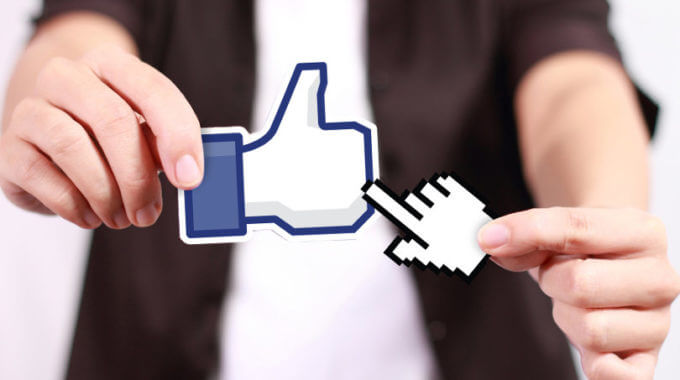
An established presence entails actively posting, liking, and sharing for the last month, and it is crucial for monetizing your Facebook page.
#Following Facebook’s rules for politicians and governments
However, if you are an incumbent elected politician or a government official, then you may not be eligible for monetization on Facebook! Moreover, current political candidates, parties, and committees are also ineligible for monetization on Facebook.
Branded content posted by certain entities that have been allowed to post on political and social issues, elections, or politics paid for by politicians and government officials, is allowed.
#Only connecting to entities that follow Facebook’s policies
If your marketing partners or third-party providers you engage with violate any of Facebook’s monetization eligibility standards, you may also lose your monetization eligibility.
#Following Facebook’s policies for content monetization
Content monetization policies
Facebook’s policies for content monetization consist of four main categories based on prohibited and restricted content and content types.
#Prohibited formats
Prohibited formats are ineligible for monetization on Facebook:
Static videos
A static video implies an immobile image in a video.
Static image polls
Static image polls include content posted for the very purpose of increasing one’s engagement that urges readers to react to questions in the content.
Slideshows of images
Looping videos
Looping videos include content such as GIFs that replay or display the same content in succession.
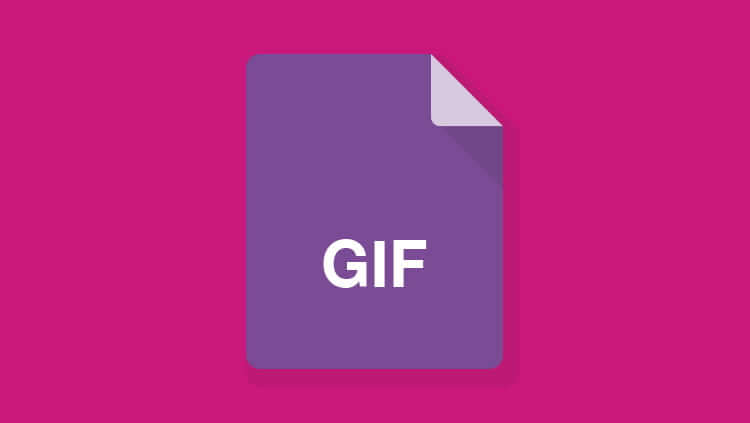
Avoid using GIFs when monetizing your Facebook page as you can not earn money from them.
Text montages
Content displaying static or mobile images with overwritten text is ineligible for monetization.
Embedded ads
Embedded ads imply adding videos or content with manually inserted pre-roll or mid-roll ads. You can only opt for ad placements on Facebook itself.
#Prohibited behaviors
The following behaviors reflected in your content are ineligible for monetization:
Engagement bait
Engagement bait means posting content that urges readers to visit a link or respond via likes, comments, shares, and follows.
Soliciting engagement
Solicited engagement implies content that promises compensation in exchange for consumption of inedible substances, drugs, tobacco, alcohol, or in exchange for showing graphic or sexual content or engaging in any sexual or violent behaviors.
Cheating and gaining unfair advantages over other users or parties
Content that displays or promotes any cheating is also ineligible for monetization on Facebook. Such behaviors include botting, hacking, stream-sniping, and tampering.
#Restricted categories
The following categories of content may get reduced or restricted monetization:
Debated social issues
Content that discriminates against any individual or parties or promotes polarized and intolerant views based on the following personal characteristics may witness reduced monetization:
- Race
- Gender
- National origin
- Age
- Political affiliation
- Ethnicity
- Disability
- Sexual orientation
- Socioeconomic class
- Religion (or sect)
- Immigration
- Legitimacy of elections
Tragedy or conflict
Content that displays or discusses the following subjects, real or fictional, that cause suffering and distress may receive reduced monetization.
- Death
- Physical injuries
- Mental disabilities
- Illness
- Physical abuse
- Sexual abuse
- Emotional abuse
- Property damage
Such subjects are only eligible for monetization if the content mentions them upliftingly and explicitly states that uplifting nature.

Even fictional representations of death or injury result in restricted monetization on your Facebook page, so be careful with what you post to your page!
Objectionable activity
Content that displays or promotes any criminal behavior or substance abuse has strictly reduced monetization on Facebook, including the following behaviors:
- Substance abuse
- Threats
- Advocating for harm
- Trafficking
- Theft
- Vandalism
- Trespassing
- Corruption
- Fraud
- Bribery
- Insider Trading
- Embezzlement
- Hacking
- Copyright Infringement
- Judicial proceedings
Sexual or suggestive activity
Content may face reduced monetization also if it displays or promotes any sexual or suggestive activities, which may include:
- Nudity
- Sexual activity
- Sexual poses
- Suggestive dancing
- Simulations of sexual activity
- Sex objects
- Suggestive language
- Revealing or absent clothing items
Strong language
Using profane language or derogatory terms may also get your content reduced for monetization on Facebook. Such phrases may include:
- Slurs
- Profanity
- Derogatory words
- Sexual words
- Crude gestures
- Innuendos
- Vulgar motions
Explicit content
Above all posting content that displays or discusses gore or bodily human or animal conditions, real or fictional, such as the following is strictly banned. As a result, it may seriously affect your ability to monetize your Facebook page:
- Wounds
- Infections
- Bodily fluids
- Medical procedures
- Food processing
- Extreme body modification
- Bodily functions
- Ingesting substances not intended for consumption
- Ingesting nauseating substances
- Decay
- Infestation
#Prohibited categories
Furthermore, the following types of content are ineligible for monetization on Facebook:
Misinformation
Misinformation implies any content that has been verified as false by a credible third-party source.
Misleading medical information
Moreover, any content that makes medical claims disproved by an expert renowned medical association, party, or organization, including anti-vaccination claims, as a result, faces reduced monetization on Facebook and may lead to ineligibility to monetize on Facebook.
Advertiser Friendly content
Therefore, even if your content is eligible for monetization on Facebook by meeting all the Community Standards, Partner Monetization policies, and Content Monetization policies, it must appeal to advertisers to receive offers from advertisement companies for your content or page.
Moreover, in terms of content that may be friendly or appealing to advertisers, Facebook provides a rating system to outline how much a particular type of content may be appealing to advertisers.
This article outlines the rating criteria for content that Facebook uses as follows:
- appealing to almost all advertisers
- appeals to most advertisers
- only appeals to a few advertisers
- blocked by advertisers or Facebook
How to check for your Facebook page’s monetization eligibility?
You are now well-informed of Facebook’s Monetization Eligibility terms, including Facebook Community Standards, Partner Monetization policies, Content Monetization policies, and policies on Advertiser Friendly Content. The next step in learning how to monetize your Facebook page is checking whether you are eligible for monetization or not.
Using the Monetization Eligibility Checker in the Creator Studio
If you are entirely unaware of how to check your monetization eligibility, you should first create an account on the Facebook Creator studio.
Now, you should go to monetization, choose your page and then click on View Eligibility.
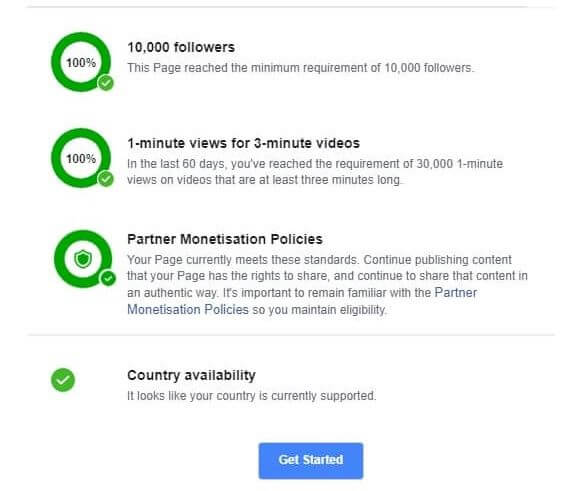
You can check for your monetization eligibility in the Facebook Creator Studio, and you’ll receive a notification congratulating you when you become eligible.
Checking for your page’s In-Stream Ads eligibility
Suppose you are eligible for monetization; congratulations! The next step would be checking for your in-stream ad’s eligibility to find out if you can use in-stream ads in your journey of monetizing your Facebook page.
However, to sum it up, for being eligible for ads in videos on-demand, you require 10,000 followers, 600,000 total minutes of views in the last 60 days, and at least five active videos, including videos on-demand or any live videos, ever recorded by you.
Whereas, to be eligible for ads in live videos, you must have at least 60,000 minutes of views on live videos out of the total 600,000 minutes viewed in the last 60 days.
Checking for your video content’s eligibility
Above all, to be eligible for video content, you must post authentic content, have an established presence on Facebook, and follow all Monetization Eligibility guidelines. These include the Facebook Community Standards, Partner Monetization policies, Content Monetization policies, and policies on Advertiser Friendly Content.
Checking for your fan subscriptions’ eligibility
Fan subscriptions are also a great tool to monetize your Facebook page available to Facebook pages in Australia, Canada, the UK, Brazil, Mexico, Thailand, and the US. However, to be eligible for fan subscriptions on Facebook, in addition to Facebook’s monetization Eligibility standards, you must also abide by Apple’s App Store Guidelines for subscriptions.
Additionally, it would be best if you also abode by the Fan Funding Creator Teams guidelines.
Moreover, you must have either 10,000 followers that you also required for in-stream ads eligibility or 250+ Return Viewers on your videos in addition to either 50,000 post engagements or 180,000 watch minutes in the last 60 days.
Policies on Branded Content eligibility
Similarly, Branded content is also a great way to monetize your Facebook channel. However, you need approval from your business partners to access this feature.

Branded content is the fastest way to monetize your Facebook page with the most gains once you have crossed the threshold and are eligible for monetization.
In Conclusion
To sum it all up, the first step in learning how to monetize your Facebook Page is reading through all of Facebook’s monetization eligibility standards. These include the Community Standards, Partner Monetization policies, Content Monetization policies, and policies on Advertiser Friendly Content.
The next step would be to check your Facebook page’s monetization eligibility in the Facebook Creator Studio. Then you could check for in-stream ads, video content, fan subscriptions, and branded content eligibility to start monetizing your Facebook page.
However, if you may still have any questions on Facebook’s monetization eligibility guidelines, you could contact our experts at AudienceGain.
Additionally, if you require more information or tips and tricks on how to monetize your Facebook page fast for 2021, you could sign up for our service!
How to make fake Instagram followers? An easy way to increase IG FL
How to make fake Instagram followers? Generating fake followers is a great way to boost your online presence. Users who do not follow your account...
How to grow Instagram followers organically? 8 Way to grow your ig followers
How to grow Instagram followers organically? Instagram has a highly sophisticated algorithm that decides what posts are shown to which users. This is an algorithm...
How do you get 10k followers on Instagram? Do I get 10000 IG FL?
How do you get 10k followers on Instagram? Hitting the 10,000 followers mark on Instagram is an exciting milestone. Not only will having 10k followers...
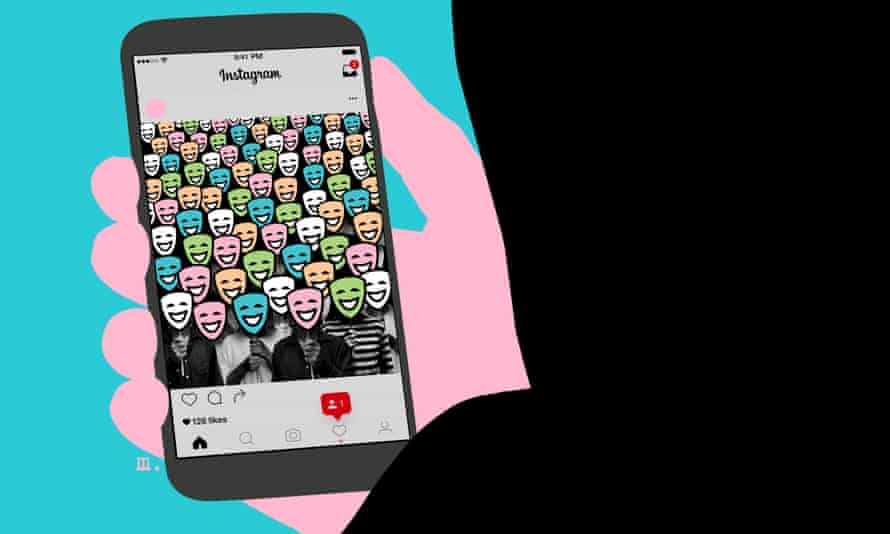
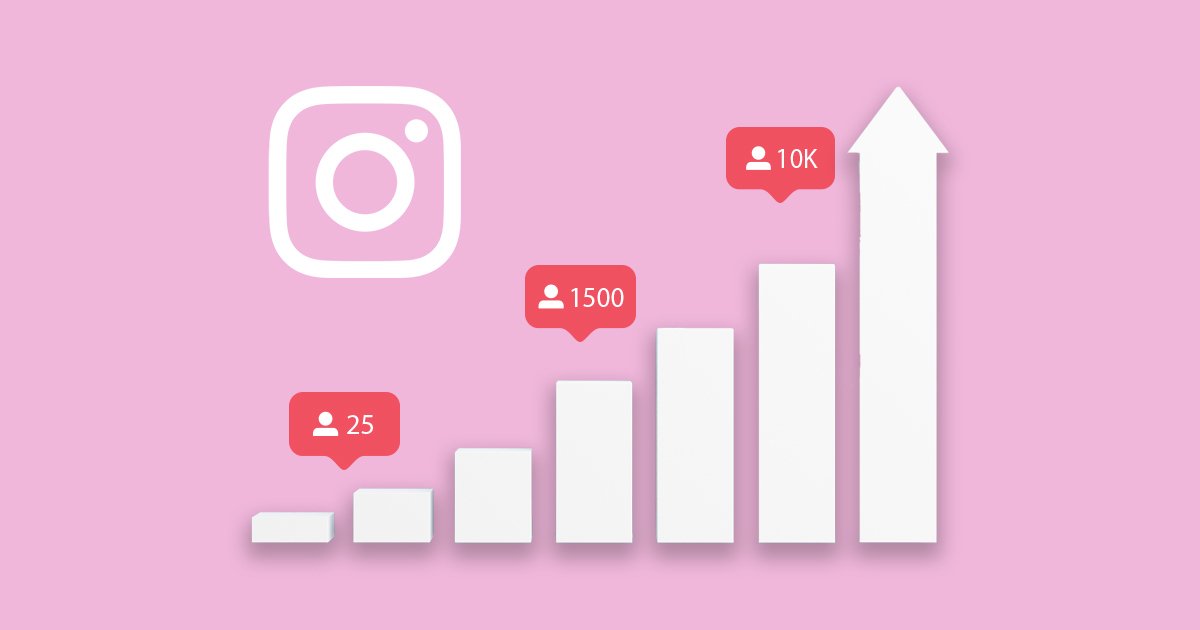
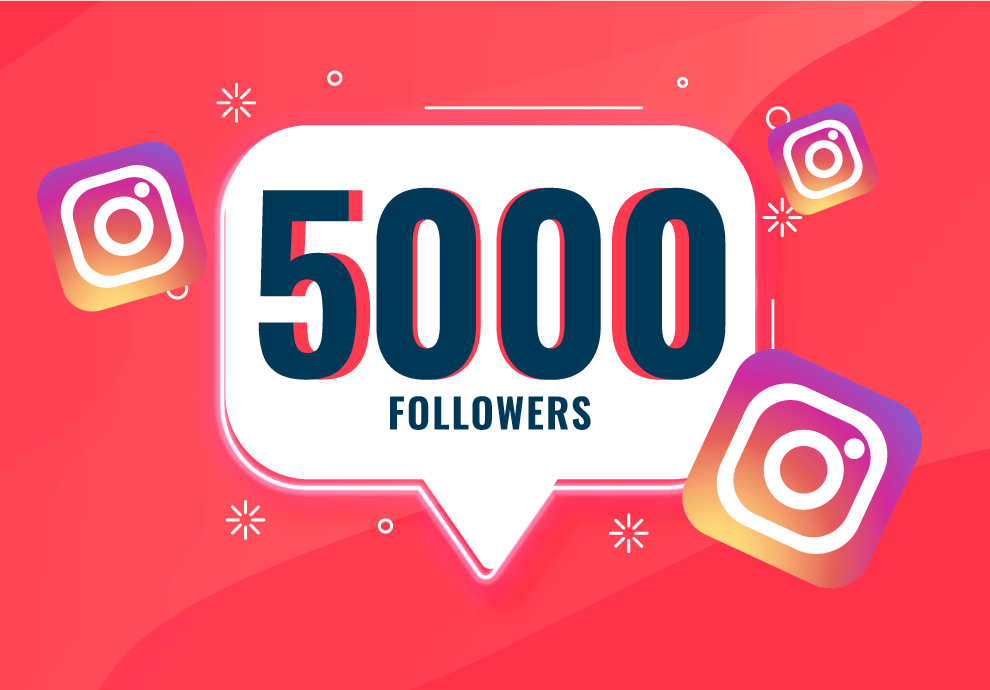
You must be logged in to post a comment Login